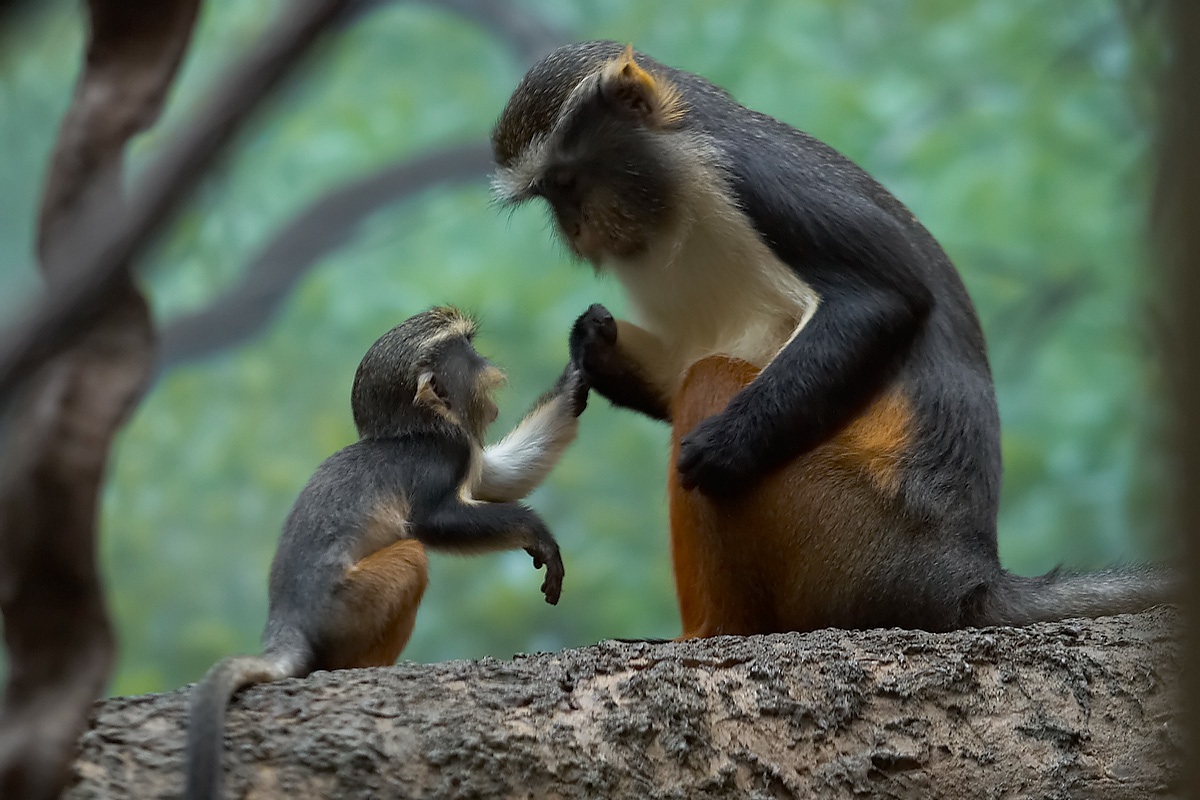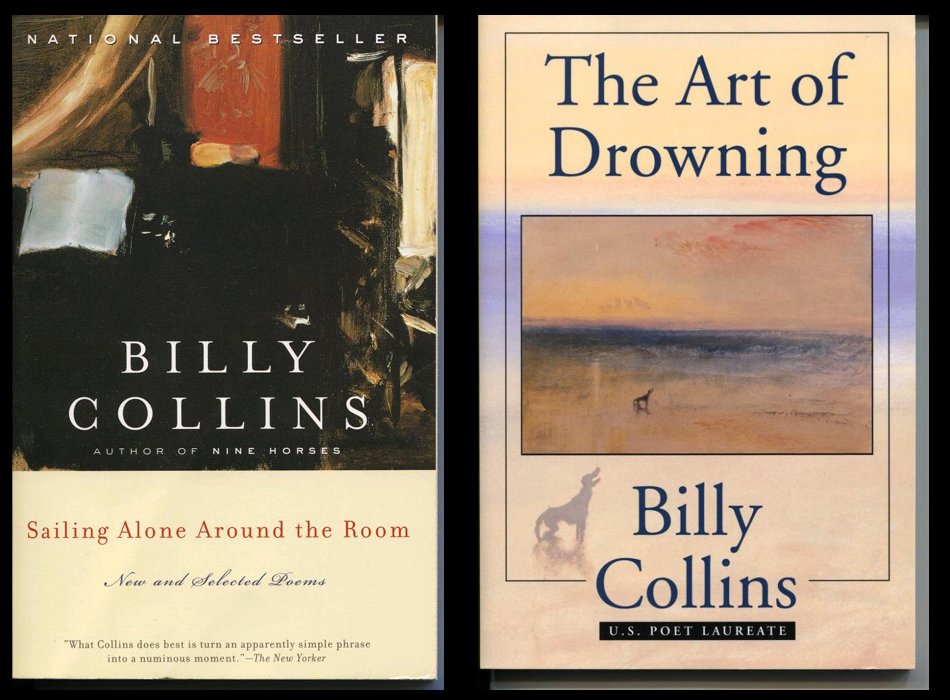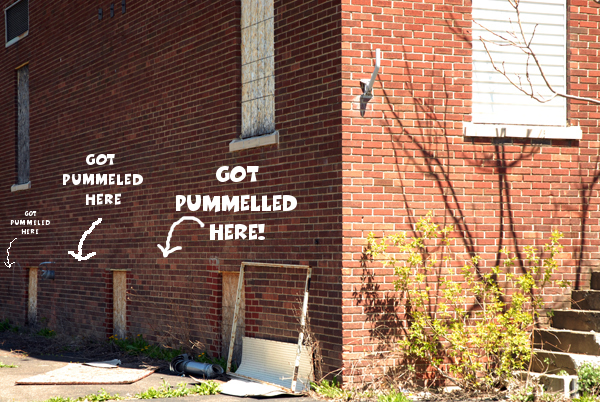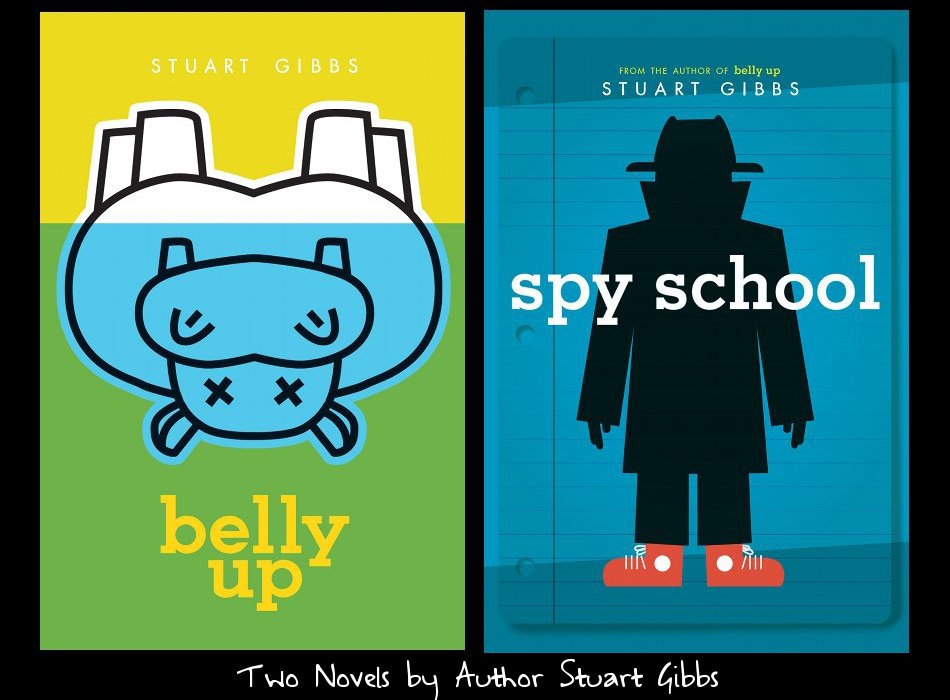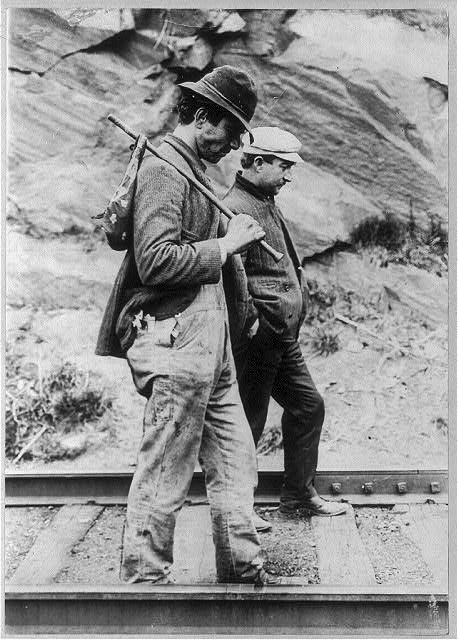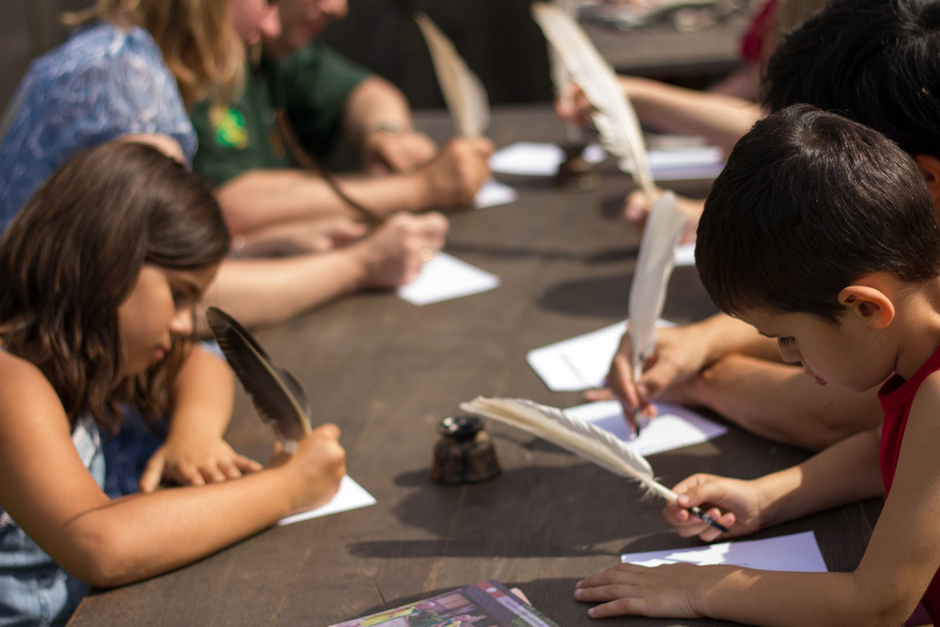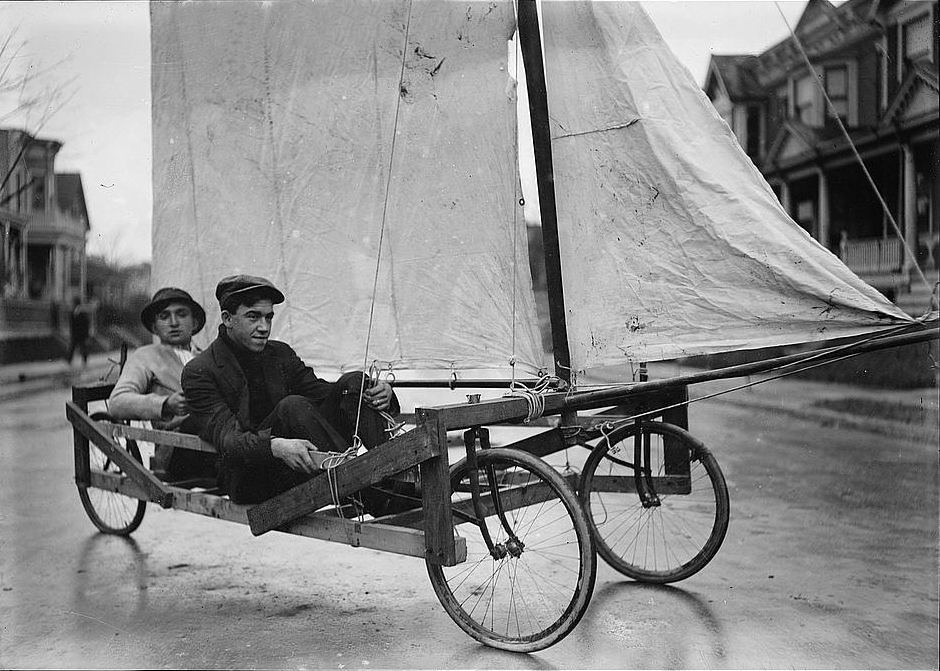 “In my opinion, television validates existence.” – Calvin and Hobbes
“In my opinion, television validates existence.” – Calvin and Hobbes
TV has been part of my life since the very beginning (not unlike children today who grow up with computers and social media). By the time I was a teenager, we were being warned about the dangers of television.
In 1981 “children spent about 2 hours each weekday watching TV” which meant that after fifty years they’d have spent over three years of their lives watching the tube as we called it back then. The primary concerns seemed to be that kids would grow up to be sedentary, that in addition to being inundated with violence (cartoons, westerns, police dramas which were beginning to get a lot edgier . . .) kids would spend less time outdoors, less time reading, less time interacting with each other.
So glad that didn’t happen. Er, um, well . . .
“In 2000, the average number of hours spent watching TV was 1,502, or 4.1 hours per day” and by 2008, the “projected average number of hours an individual (12 and older)” was expected to spend watching TV was up to about 4.7 hours per day.
Of course, today Americans spend over five hours a day online (including approximately 2 hours each day with their smartphones) while we only spend about an hour-and-a-half with our partners.
I’m not going to pretend to know all about the dangers of TV or about the potential dangers of smartphones or other forms of technology. I certainly don’t. I actually just spent over three years without television and, in general, I didn’t pine for it much except when March Madness rolled around.
Over the past few months, however, I have discovered a few television shows (some from a few years ago and others somewhat current) that I think are excellent:
A Game of Thrones
The Walking Dead
Veronica Mars
Freaks & Geeks
The Blacklist
And those shows got me thinking (always dangerous). So, you could say this post is simply one guy’s take on the way some television shows can be valuable tools for writers.
Continue reading
